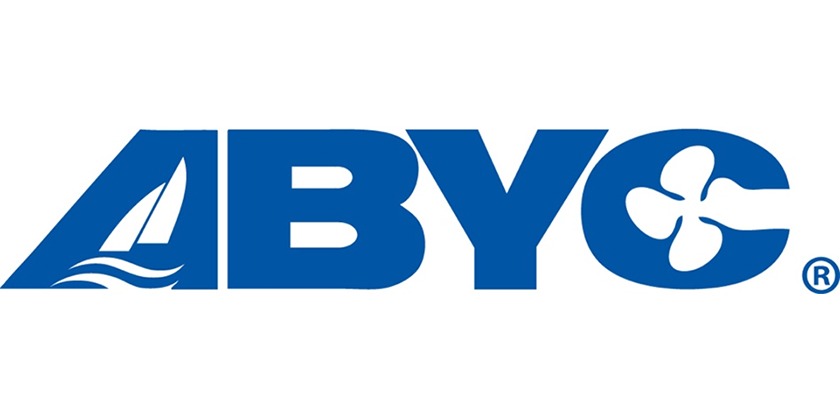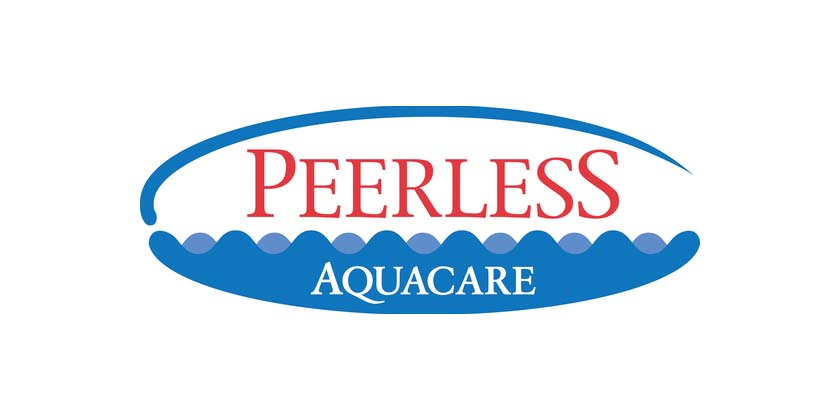BUSINESS VALUATIONS: THREE SITUATIONS WHEN YOU MIGHT NOT NEED ONE

May 28, 2019
By: Patrick Ungashick
Photo Credit: Dwain Bodkin
Business valuations are an important tool for owners and leaders of privately-held companies. For example, if you are doing sophisticated tax planning, buying-out a business partner, or if an owner is going through a marital divorce, then a valuation may be highly prudent—if not legally required. However, business owners and leaders should avoid rushing to get a valuation in circumstances where the need is not clear. Listed below are three common situations where getting a valuation may seem to make sense, but actually might be unnecessary or counterproductive.
Situation One: You are Getting Ready to Sell the Company
A commonly held view among business owners is to get a formal valuation prior to selling the company. Some valuation firms, investment bankers, and business brokers promote business valuations as a first step in preparing to sell. Presumably, this identifies the potential sale price and helps the selling owner set realistic expectations. A closer examination suggests a valuation in this situation is often unnecessary or even misleading.
Investment bankers or business brokers familiar with your company’s industry should be able to provide an estimated range they expect the company could sell for, without a formal valuation. Also, a formal appraisal before selling the company can be misleading. To explain why, imagine you intend to sell your home, and to determine your listing price you have the home appraised. The appraisal comes in at $1 million, and so you list the home for sale at that price. After many months, you receive multiple offers but only for around $800,000. In that example, the home’s value is clearly closer to $800,000 rather than $1 million, regardless of what the appraisal said.
The same thing can happen in reverse. If you list your home for $1 million but immediately you receive multiple offers for a much greater amount, then the appraisal was misleading—it was too low. Just like with a home, what your company is worth at sale is what a buyer will pay for it. Period. The existence of a third-party valuation claiming that your company is worth $X amount will not cause a potential buyer to increase its offer price by $1 more than it is otherwise willing to pay.
If you are preparing to sell your company, rather than getting a valuation, ask several investment bankers or business brokers to estimate a likely sale price, and explain their reasoning. You still may end up selling your company for a higher or lower price, but you will not have wasted time and money on a valuation that potential buyers will typically ignore.
Situation Two: You’re Curious
Knowing what a privately-held company is worth is difficult or impossible most of the time. This can be frustrating, particularly when the company is the usually the owner’s most valuable (and cherished) asset. Imagine putting most of your money into an investment portfolio where you will rarely know what your investments are worth. Few people would be able to sleep at night in that situation.
Therefore, business owners can be tempted to get a formal valuation simply to know what their company is worth at that point in time. It can be helpful to periodically establish a realistic understanding of the company’s value, not mention help get a good night’s sleep. However, paying thousands of dollars to get somebody’s opinion about what the company is worth (even an expert opinion) is often not necessary, because alternative methods may be available for little to no effort or cost.
One alternative method to gauge your company’s value is to research what companies in your industry and of similar size are currently selling for, based on a multiple of earnings (usually calculated as Earnings Before Interest and Taxes, plus Depreciation and Amortization—EBITDA) or in some cases a multiple of revenue. For example, if companies in your industry and similar size are currently selling for six to eight times EBITDA, and your company’s EBITDA is $2 million, then your company value could fall between $12 million and $16 million. Clearly, this approach does not provide the depth of analysis nor precision that is provided by a formal valuation. But a market-based estimate will give you a general understanding of company value on a periodic basis—without the time and expense of a formal appraisal.
To learn the applicable multiples, ask an investment banker or business broker knowledgeable in your industry. That person may know the current market multiples off the top of their head, or likely can get the answer for little effort. Alternatively, research the subject online. You may find a recent article or report prepared by a trade organization, consulting firm, or business advisor that summarizes market-multiples in your space.
Situation Three: You Want to Track Company Performance
The third situation that seems to require a valuation is to track changes in your company’s performance and growth over time. Again, the value of a privately-held company can be a great unknown. Many business owners and leaders see benefit to engaging a valuation expert, and use the appraisal to monitor the company’s performance. However, getting a formal valuation in this situation may be unnecessary and counterproductive.
The valuation may be unnecessary simply because other metrics are usually readily available. Your company’s leadership team should be able to identity the five to ten most relevant operational, sales, and financial metrics that drive company results. Create a dashboard that frequently (not less than monthly and preferably weekly) displays these key metrics. This approach creates more timely and actionable feedback for the company leadership than a formal valuation.
Tracking company performance using a formal valuation may also be counterproductive, because a valuation is only partially based on the company’s internal results. Any formal valuation must consider external forces such as industry trends, economic conditions, and capital markets. These external forces can mask how the company is empirically performing. To illustrate the point, using a valuation to track company performance is like a pilot estimating his or her plane’s arrival time but overlooking the effects of wind. If the pilot needs the plane to fly 500mph to arrive on time, and the current airspeed gauge shows 500mph, then it might seem to the pilot that the plane will arrive on-time. However, if the plane is only flying 450mph but is currently boosted by a 50mph tailwind, only when the tailwind dies down will the plane’s underperformance become apparent.
A dashboard that displays key operational, sales, and financial metrics will provide the company’s leadership with more relevant and visible performance feedback, without being diluted by the external data that is important in a formal valuation but counterproductive in this specific situation.
Conclusion
Business valuations play a crucial role in many situations, and offer owners and leaders an important tool to build successful companies, and one day achieve successful exits from those companies. Yet like any tool, valuations need to be used in the proper manner, and at the proper times. Owners and leaders should apply care to determine if a valuation is truly needed, or if alternative solutions exist.
ABOUT THE AUTHOR:
Patrick Ungashick is the CEO of NAVIX Consultants, a celebrated speaker on executive and business owner exit planning, and the author of A Tale of Two Owners: Achieving Exit Success Between Business Co-Owners. With his wealth of knowledge on exit planning, Patrick has provided exit advice and solutions to business owners and leaders for nearly thirty years. For more information on Patrick Ungashick please visit: www.NAVIXConsultants.com.




























